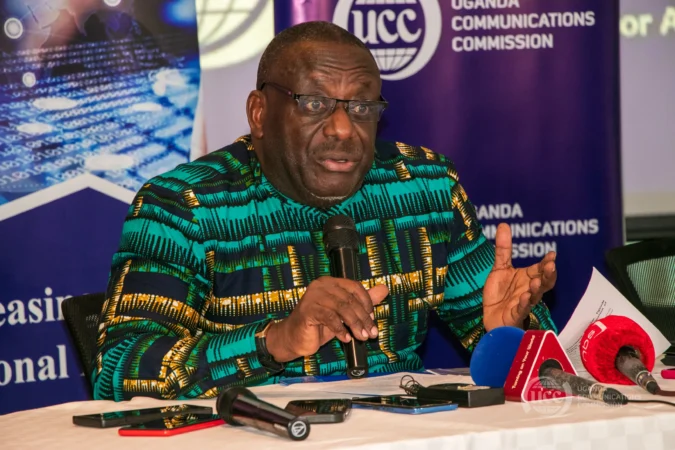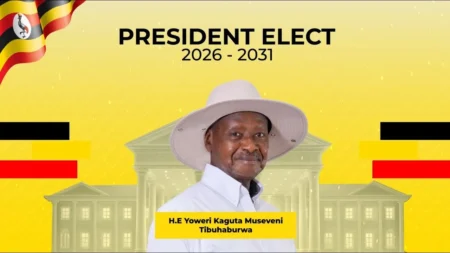KAMPALA, Uganda — Uganda’s recently implemented Electronic Penalty System (EPS) for traffic offenses has triggered widespread motorist outrage and significant traffic congestion, prompting the Leader of the Opposition (LoP) in Parliament, Joel Ssenyonyi, to appeal to the Minister of Works and Transport, Gen Edward Katumba Wamala, for an urgent review.
On Tuesday, Kampala’s Central Business District (CBD) experienced massive traffic jams, which motorists largely attributed to drivers’ fear of incurring penalties under the new system. Many newly installed traffic lights became choke points as drivers exercised extreme caution.
Rolled out approximately two weeks ago, the EPS utilizes road cameras to automatically issue penalties for traffic violations like speeding and failing to obey traffic light indications.
Under the new system, the grace period for paying fines before a 50% surcharge is applied has been drastically cut from 28 days to just three.
Furthermore, penalties for certain offenses, such as speeding, have seen a substantial increase, rising from 200,000 Ugandan Shillings to 600,000 Shillings. These stringent new policies have incensed numerous motorists, who are now demanding a government review.
In his letter to Minister Wamala, Ssenyonyi confirmed that he has received numerous complaints from citizens urging him to vocalize their concerns about the new policy.
“While the intention behind the EPS may have been rooted in promoting road safety and order, its current execution has raised widespread alarm among motorists and other road users. I have personally received numerous complaints pointing to the system’s relentless and, in many cases, excessive issuance of traffic fines without clear and accessible justification. In particular, drivers have described the EPS as punitive and exploitative, rather than corrective or educational,” Ssenyonyi’s letter states in part.
Ssenyonyi’s letter highlights several key areas necessitating a policy review. These include a perceived lack of public awareness and training on how the system operates, how to verify penalties, or how to contest erroneous fines.
He also points to confusion and inconsistencies regarding speed limits, noting areas like the Kampala Northern Bypass where signage is unclear or lacks logical justification, leading to inadvertent violations.
Mr Ssenyonyi further expressed concerns about security risks on the Northern Bypass, where low-speed driving due to EPS fears could expose motorists to ambushes by criminals.
He also took exception to the penalties and restrictions, such as being unable to travel abroad or renew driving permits, imposed on offending motorists.
Also Read: Uganda police clarify right of way rules amid public outcry over VIP convoys
The letter also emphasizes instances where fines are issued erroneously or without drivers being aware of the specific violation committed, which Ssenyonyi argues undermines public trust in the system.
He urged the minister to swiftly review the matter to alleviate the distress experienced by many motorists.
“While I would have preferred to raise these matters directly on the floor of Parliament, I am unable to do so as the House is currently in recess. Nonetheless, I request that your office review the implementation of the EPS, conduct broad consultations with stakeholders, and institute corrective measures where necessary. Road safety is a shared goal, but it ought to be pursued in a manner that is fair, just, and respectful of the rights and safety of Ugandans,” Mr Ssenyonyi concluded.







